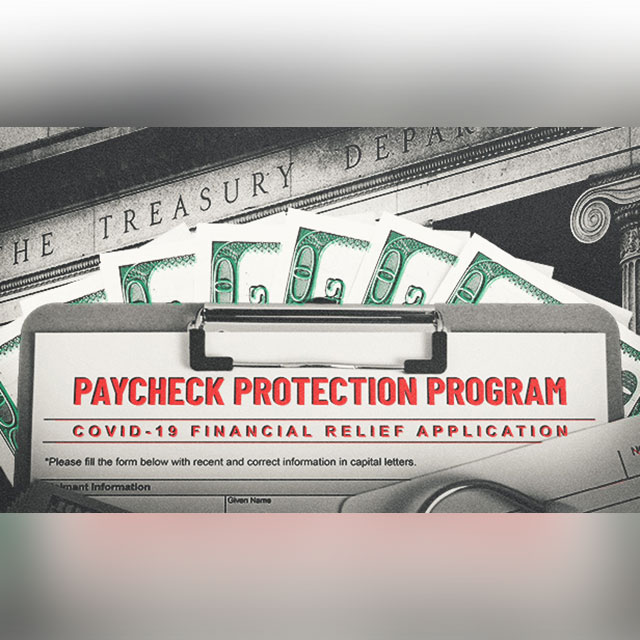
The American Institute of CPAs urged lawmakers Wednesday to extend the March 31 application deadline for the Paycheck Protection Program by at least 60 days, citing "urgent" tax and compliance challenges facing small businesses and CPAs.
"Significant operational problems [exist] within the PPP process that are resulting in urgent challenges and significant complexity for many small business borrowers who are trying to enter into the SBA system, and delays in processing once in the system," Lisa Simpson, vice president of Firm Services at the AICPA, told members of the House Small Business Committee.
Extending the PPP application deadline for at least 60 days will provide an opportunity for the Small Business Administration "to address its technical issues, provide critical guidance, and work with lenders and borrowers so that small businesses can navigate the application process and receive a loan," Simpson said.
The Federal Reserve Board on Monday said it will extend its Paycheck Protection Program Liquidity Facility by three months to June 30, to "provide continued support for the flow of credit to small businesses" through the PPP.
Rep. Nydia Velázquez, D-N.Y., chairwoman of the committee, said during her opening remarks that "one of Congress' most effective means of distributing relief to small businesses was through the Paycheck Protection Program," created through the CARES Act, to help small businesses "fully meet payroll costs and other business expenses."
Today, Velázquez continued, "PPP is still providing urgently needed funding. The program accepts applications for first- and second-draw loans and has approved 2.1 million loans totaling $156.2 billion during 2021."
Across the country, "case counts, hospitalizations and deaths are trending in the right direction," Velázquez continued. "At the same time we are vaccinating millions of Americans daily. This is cause for optimism but it does not mean that this crisis is over. The pandemic has costs unprecedented harm for small businesses and it will be a mistake to withdraw [PPP] support abruptly."
CPAs' Concerns
Simpson told the lawmakers that along with challenges related to "front-end compliance checks" for new PPP loan applications when the program reopened in 2021, CPAs are also assisting clients with figuring out "the interplay between PPP and the Employee Retention Credit (ERC) to ensure compliance with both programs."
"This is a complex issue and IRS guidance is still needed in some areas," Simpson said.



